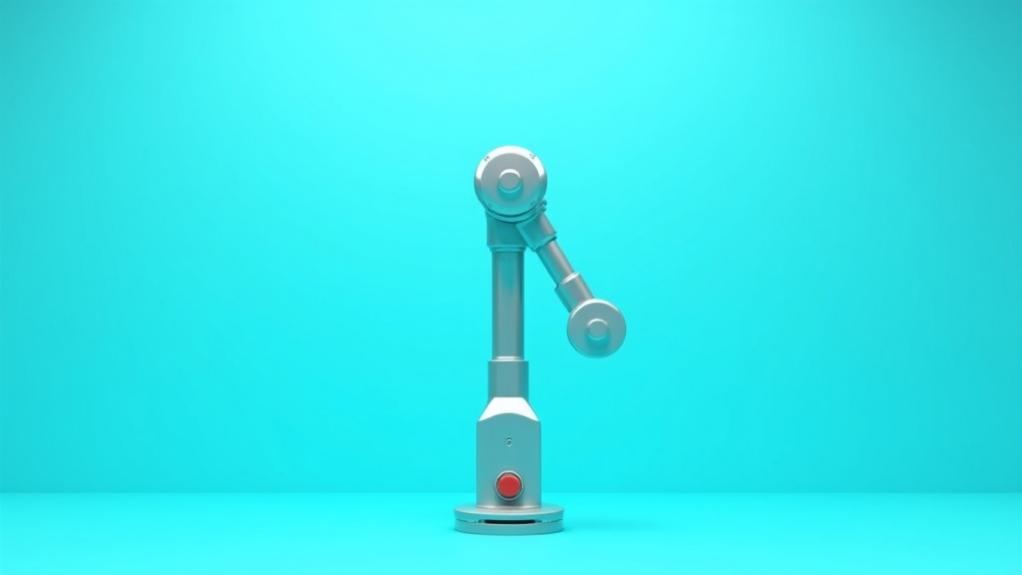IgniteTech CEO Eric Vaughan made waves in 2023 by laying off 80% of his staff who resisted AI adoption. The bold move paid off – by 2024, the company achieved 75% EBITDA margins through successful AI integration. Despite criticism, Vaughan stands by his decision and would repeat it if needed. His strategy reflects a wider industry trend, as major tech companies shift toward automation. The future of work is transforming faster than many realize.
While many companies have gradually integrated AI into their operations, IgniteTech CEO Eric Vaughan took a more dramatic approach in 2023. Facing widespread resistance to AI adoption among his workforce, Vaughan made the bold decision to lay off nearly 80% of his staff, replacing them with AI specialists and restructuring the entire organization around artificial intelligence. The company’s AI Monday initiative became a cornerstone of the transformation, requiring employees to dedicate entire workdays to artificial intelligence projects.
Vaughan’s radical AI transformation at IgniteTech sent shockwaves through the industry, proving that resistance to technological change comes at a steep price.
The resistance wasn’t minor – a 2025 WRITER report revealed that 33% of workers actively worked against AI initiatives, with even higher rates among younger employees. Think of it as a technological tug-of-war, where some staff members were literally pulling in the opposite direction by intentionally misusing AI tools or skipping training sessions altogether.
Fast forward to 2024, and Vaughan’s controversial strategy seems to have paid off, at least financially. IgniteTech achieved impressive 75% EBITDA margins and successfully launched new AI-powered solutions. When asked about his decision in 2025, Vaughan stood firm, stating he’d make the same choice again if necessary.
This shake-up at IgniteTech wasn’t happening in a vacuum. The tech industry has seen a tsunami of AI-related layoffs in 2025, with 77,999 workers affected across 342 companies. It’s like watching dominoes fall – from Microsoft to IBM, major players are replacing entire job functions with AI software. The impact is particularly severe for entry-level positions, where half of white-collar jobs could be eliminated by AI within five years. Interestingly, blue-collar trades have shown remarkable resilience against AI displacement, as these roles require unique human skills that machines can’t easily replicate.
While Vaughan’s approach might seem harsh, it highlights a growing reality in today’s business world: resistance to AI adoption could become a career-limiting move. As the World Economic Forum reports, 41% of employers plan to reduce their workforce through AI automation within five years. Like it or not, the AI revolution isn’t just knocking at the door – it’s already in the building.







